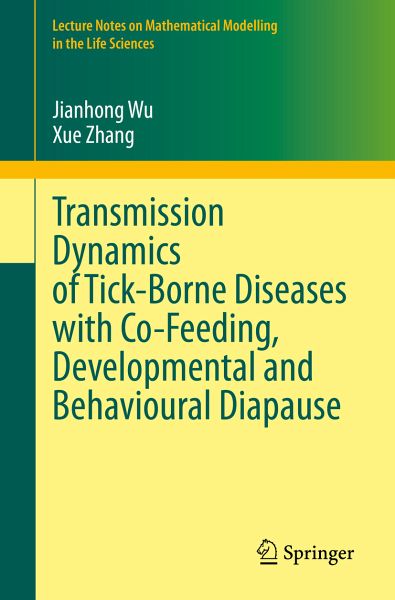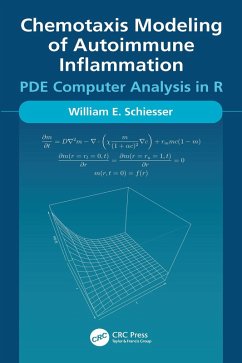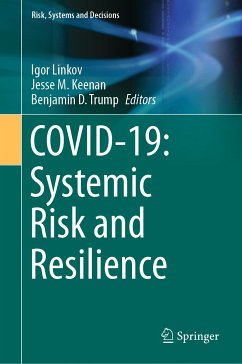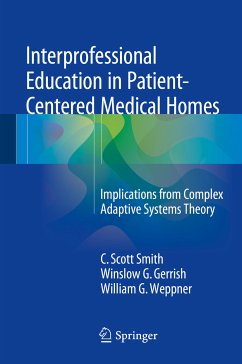
Transmission Dynamics of Tick-Borne Diseases with Co-Feeding, Developmental and Behavioural Diapause (eBook, PDF)
Versandkostenfrei!
Sofort per Download lieferbar
40,95 €
inkl. MwSt.
Weitere Ausgaben:

PAYBACK Punkte
20 °P sammeln!
This monograph introduces some current developments in the modelling of the spread of tick-borne diseases. Effective modelling requires the integration of multiple frameworks. Here, particular attention is given to the previously neglected issues of tick developmental and behavioral diapause, tick-borne pathogen co-feeding transmission, and their interactions. An introduction to the required basics of structured population formulations and delay differential equations is given, and topics for future study are suggested. The described techniques will also be useful in the study of other vector-...
This monograph introduces some current developments in the modelling of the spread of tick-borne diseases. Effective modelling requires the integration of multiple frameworks. Here, particular attention is given to the previously neglected issues of tick developmental and behavioral diapause, tick-borne pathogen co-feeding transmission, and their interactions. An introduction to the required basics of structured population formulations and delay differential equations is given, and topics for future study are suggested. The described techniques will also be useful in the study of other vector-borne diseases.
The ultimate aim of this project is to develop a general qualitative framework leading to tick-borne disease risk predictive tools and a decision support system.
The target audience is mathematical biologists interested in modelling tick population dynamics and tick-borne disease transmission, and developing computational tools for disease prevention and control.
The ultimate aim of this project is to develop a general qualitative framework leading to tick-borne disease risk predictive tools and a decision support system.
The target audience is mathematical biologists interested in modelling tick population dynamics and tick-borne disease transmission, and developing computational tools for disease prevention and control.
Dieser Download kann aus rechtlichen Gründen nur mit Rechnungsadresse in A, B, BG, CY, CZ, D, DK, EW, E, FIN, F, GR, HR, H, IRL, I, LT, L, LR, M, NL, PL, P, R, S, SLO, SK ausgeliefert werden.












